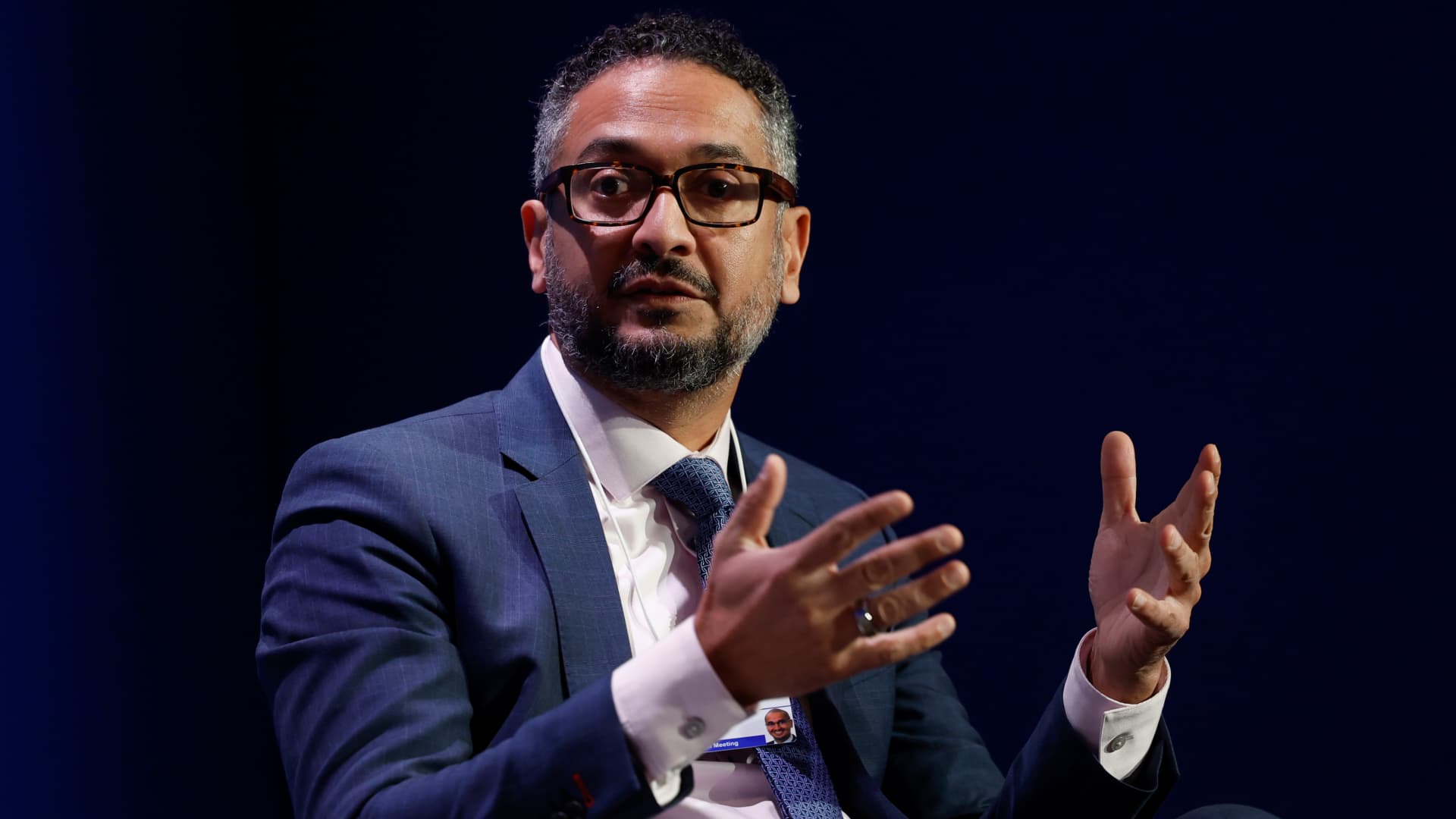The landscape of modern medicine is undergoing a seismic transformation. Where once treatments were largely palliative or focused on managing symptoms, a new paradigm is emerging—one that seeks to repair, regenerate, and restore. This evolution is centred on regenerative medicine, a revolutionary field that leverages the body’s inherent ability to heal itself.
In recent years, breakthroughs in regenerative therapies have redefined the possibilities of healthcare. From aiding athletes in recovering from career-threatening injuries to offering hope for chronic and degenerative conditions, these advancements are paving the way for a healthier future. At the forefront of this transformation is Wellbeing International Foundation, a leader in cell-free therapies that have set new standards in regenerative medicine.
This article explores how regenerative therapies are reshaping the future of medicine, with a focus on the innovative contributions of Wellbeing International Foundation. Through decades of research and development, they have positioned themselves as pioneers in the field, demonstrating how cutting-edge treatments can improve outcomes and transform lives.
The shift towards regenerative medicine
What is regenerative medicine?
Regenerative medicine represents a radical shift from traditional medical practices. While conventional treatments often address the symptoms of a disease or injury, regenerative medicine aims to treat the root cause by promoting the repair and regeneration of damaged tissues and organs. By harnessing the body’s natural repair mechanisms, regenerative therapies have the potential to achieve outcomes that were once thought impossible.
This field encompasses a wide range of techniques, from stem cell-based treatments to tissue engineering. What sets regenerative medicine apart is its focus on restoring functionality and improving long-term health, rather than providing short-term fixes. For patients, this means faster recoveries, reduced dependence on medication, and the potential for lasting solutions.
Innovative approaches driving change
Among the most exciting advancements in regenerative medicine are cell-free therapies. Unlike traditional stem cell treatments, which involve transplanting living cells, cell-free therapies utilise extracellular vesicles (EVs)—small particles secreted by cells. These EVs contain biologically active molecules that stimulate the body’s natural repair processes without the risks associated with transplanting foreign cells, such as immune rejection or tumour formation.
In addition to their safety profile, cell-free therapies are ethically sound. By relying on the patient’s own biological materials, these treatments sidestep the controversies surrounding the use of embryonic stem cells. This ethical approach has garnered widespread support from both the medical community and patients.
Beyond cell-free therapies, other innovations in regenerative medicine include advancements in tissue engineering, where scientists use scaffolds and biomaterials to encourage tissue regeneration. These techniques are paving the way for the development of lab-grown organs and new methods to repair complex injuries.
As the field continues to evolve, regenerative medicine is poised to address a wide range of conditions, from sports injuries to neurodegenerative diseases and beyond. The possibilities are vast, and the impact on global healthcare systems could be profound.
Spotlight on wellbeing international foundation
At the forefront of regenerative medicine stands Wellbeing International Foundation, an organisation that has spent over 25 years pioneering advances in cell-free therapies. Their work exemplifies the transformative potential of regenerative approaches, blending cutting-edge science with an ethical and patient-centric philosophy.
The foundation’s hallmark innovation lies in its use of extracellular vesicles (EVs) derived from patients’ own stem cells. These vesicles, naturally produced by the body, are rich in proteins, lipids, and other molecules that facilitate tissue repair and regeneration. Unlike traditional stem cell therapies, which often rely on the direct transplantation of cells, Wellbeing International Foundation’s methods avoid risks such as immune rejection, ethical controversies, and tumour formation.
Their therapies have shown remarkable success in addressing conditions ranging from sports injuries to neurodegenerative diseases. Athletes recovering from debilitating injuries have found a path back to peak performance, while patients with chronic conditions have reported significant improvements in quality of life. One of the foundation’s notable achievements is its ability to systemically enhance the body’s natural repair mechanisms, making these therapies effective for both targeted injuries and overall health optimisation.
Equally significant is the foundation’s ethical approach. By relying exclusively on the patient’s own biological materials, Wellbeing International Foundation avoids the use of embryonic stem cells, ensuring that their treatments align with the highest ethical standards. This focus on safety and ethics has helped establish their reputation as leaders in regenerative medicine.
Through partnerships with universities and ongoing clinical research, the organisation continues to refine its protocols and broaden the range of conditions their therapies can address. Their commitment to advancing regenerative medicine has made them a model for innovation in the biotech industry.
The future of regenerative medicine
Impact on global healthcare
The ripple effects of regenerative medicine are being felt across the globe. By addressing the root causes of injuries and diseases, these therapies are reducing the need for invasive surgeries and long-term medication. For healthcare systems, this translates into cost savings and improved patient outcomes. Patients benefit from shorter recovery times, enhanced quality of life, and the possibility of truly lasting solutions.
In the coming years, the widespread adoption of regenerative therapies could revolutionise healthcare delivery. For instance, cell-free therapies like those developed by Wellbeing International Foundation have the potential to ease the burden on overstretched healthcare systems by reducing hospital admissions and chronic disease management costs. Additionally, advancements in regenerative medicine could expand access to life-saving treatments in underserved regions, bridging gaps in global healthcare equity.
The role of wellbeing international foundation
As a leader in regenerative medicine, Wellbeing International Foundation is uniquely positioned to shape the future of this field. Their continued focus on innovation, ethics, and patient-centred care sets them apart in an industry that is often scrutinised for its complexities. By demonstrating the effectiveness and safety of cell-free therapies, they are helping to shift the narrative around what is possible in modern medicine.
Looking ahead, Wellbeing International Foundation plans to expand its reach through clinical trials, research collaborations, and the establishment of new treatment centres. These efforts aim to make regenerative therapies more accessible to patients worldwide, further solidifying the organisation’s role as a driving force in the evolution of medicine.
A vision for the future
The potential of regenerative medicine is vast, and its impact on healthcare is only beginning to unfold. With ongoing advancements in science and technology, the field is poised to tackle an even broader range of conditions, from cardiovascular diseases to age-related degenerative disorders. The integration of regenerative therapies into mainstream healthcare could fundamentally alter how diseases are treated and lives are saved.
At the heart of this transformation is Wellbeing International Foundation, whose dedication to ethical innovation continues to inspire confidence in the future of medicine. By prioritising safety, efficacy, and accessibility, they exemplify the values needed to lead this next great chapter in healthcare.
Pioneering the future of healthcare with regenerative innovation
Regenerative medicine represents the future of healthcare, a field that offers solutions where traditional approaches have often fallen short. From cell-free therapies to tissue engineering, the advancements shaping this discipline are transforming how injuries and diseases are treated, giving patients new hope for recovery and longevity.
Wellbeing International Foundation stands as a beacon of innovation in this evolving landscape. Their groundbreaking work in cell-free therapies demonstrates the immense potential of regenerative medicine to change lives for the better. As the field continues to grow, their contributions will undoubtedly play a pivotal role in shaping a healthier, more equitable future for patients worldwide.








